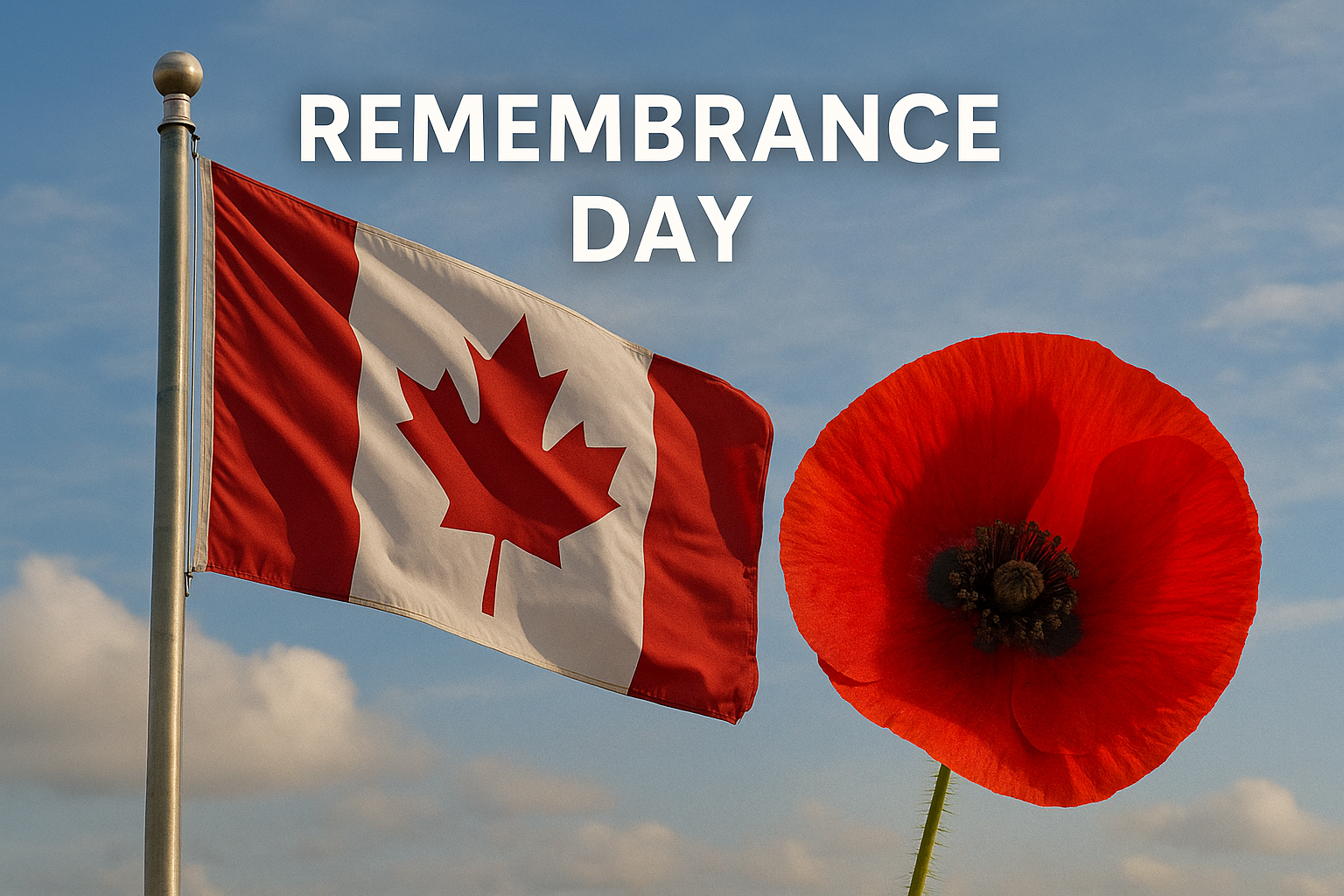
Remembrance Day: Honouring Sacrifice and Healing Invisible Wounds
On November 11, Canadians unite in a moment of silence to honour the memory of those who gave their lives in military service and to recognize those who served in times of war.
More than 1.6 million Canadians have served in the Armed Forces, and over 118,000 have lost their lives in foreign conflicts. On this day, we reflect with deep gratitude on all veterans and military personnel, past and present.
Invisible Wounds and Our Commitment
At Neuroperforma, we hold these individuals in the highest regard.
We recognize not only the immense sacrifice of active service but also the invisible wounds many carry long after returning home.
Their courage continues through a daily inner battle against psychological trauma, post-traumatic stress disorder (PTSD), anxiety, and treatment-resistant depression.
Rediscovering Dreams After 30 Years: Mr. Raymond’s Story
The impact of our approach is powerfully illustrated by the story of a veteran, Mr. Raymond.
When he first came to Neuroperforma, he had been living with nightmares for over 30 years.
His nights were restless, his body tense, and exhaustion had taken hold.
After an intensive Deep Transcranial Magnetic Stimulation (Deep TMS) protocol, he experienced a transformation he describes with moving simplicity:
“I feel revitalized. The constant thoughts have quieted, I sleep better… and I’ve started to dream again — beautiful dreams.”
Positive dreams he hadn’t experienced since 1991.
He adds:
“I’m less stressed, my shoulders feel better, and the pain isn’t as persistent. That’s a big plus for me.”
Reduced stress and hypervigilance have made him more relaxed.
Regaining peace of mind also means regaining the ability to dream positively.
When Science Helps Heal Invisible Wounds
PTSD is a set of reactions and symptoms that develop after facing death or extreme fear.
In the brain, trauma can leave the amygdala — the “emergency button” — hyperactive, keeping the person in a constant state of alertness and tension.
Veterans often live for decades with symptoms that prevent them from finding peace:
- recurring nightmares
- continuous hypervigilance and anxiety
- physical pain amplified by stress
- chronic fatigue and loss of restorative sleep
Deep TMS directly targets the brain regions affected by trauma — including the amygdala and prefrontal cortex — to calm fear and hypervigilance responses.
By rebalancing brain activity, this approach helps reduce anxiety, sleep disturbances, and inner tension.
Honouring the Past, Healing the Present
Mr. Raymond’s story reminds us that remembrance is not only about past wars.
Honouring veterans also means recognizing the ongoing battles they face today — for sleep, for peace of mind, for joy in everyday life.
Each nightmare eased, each night restored, each dream regained is a victory.
On this Remembrance Day, we bow our heads to all who have served.
We wear the poppy not only for those who fell but also for those, like Mr. Raymond, who continue to rise — bravely, patiently, day after day.
Because to remember is also to help heal.

